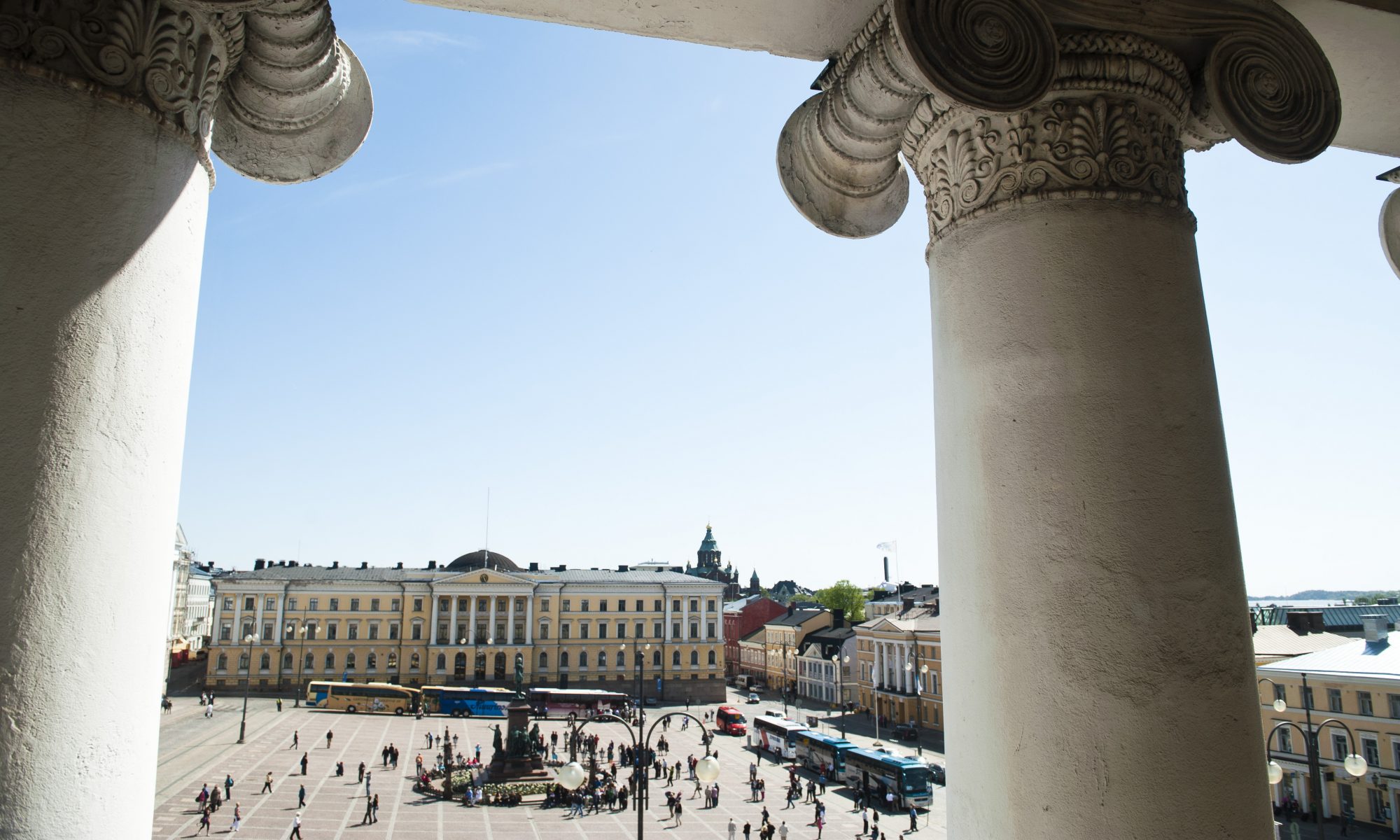Think Open 2018 revisited! The first article in the blog on 7 May 2018 was a dialogue interview between vice rector Jouko Väänänen and associate professor Mikko Tolonen. The article covered open science themes extensively. In the new review of the debate five years ago, Tolonen highlights the importance of practical solutions in promoting open science, and he uses the DARIAH-FI network as an example.
EOSC aims to be the internet of research within ten years – dialogue interview with Sara Garavelli and Anca Hienola
”The vision is that EOSC (European Open Science Cloud) in ten years will be similar to the internet. It will be a virtual environment, where researchers can find and access data, and also services that can ease their work in research”, summarizes Sara Garavelli (CSC) EOSC’s goals in the near future. However, among researchers, EOSC is still not well known, as researcher Anca Hienola points out. In this interview, Garavelli and Hienola discuss EOSC from the perspective of researchers and research services. We also get an answer to the question, what is EOSC’s most tangible achievement at the moment.
The importance of infrastructures and unprecedented potential of open data – interview with Tuomas Alaterä
”The greatest benefit [of open data] is that we do not know. We don’t know where, how and when the data will be used once they has been opened. That said, certain safeguards need to be in place for datasets containing sensitive information. But it does not change the idea; when these datasets are made available, as openly as possible, there is a lot of potential for future use”, says Tuomas Alaterä, Senior Specialist at the Finnish Social Science Data Archive (Tietoarkisto), who has extensive work experience in the areas of digital preservation, open data and data services to support research.
How is an open science research infrastructure created? The award-winning Luomus and Laji.fi sets an example
Careful preparation of common guidelines, selection of an appropriate implementation strategy and commitment of the entire work community are key things when building an open science research infrastructure. Aino Juslén, Director of the Finnish Museum of Natural History (Luomus) tells in this interview how openness of science is implemented in different ways (open data, open source code, open education) in Finnish Biodiversity Information Facility (FinBIF), coordinated by Luomus.
From raw data into FAIR – The journey of data at a SMEAR station, from instrument to the end user
”You should act like every measurement you start is going to continue forever, but the people in charge of the measurements and data flow would move on to different tasks the next week,” says Pasi Kolari, university researcher at the University of Helsinki. In this blog interview, Kolari, who works as a data liaison for SMEAR stations (Station for Measuring Ecosystem-Atmosphere Relations), sheds light on the real life challenges of collecting, processing and opening data. The article is part of the Think Open article series on open science research infrastructures.
